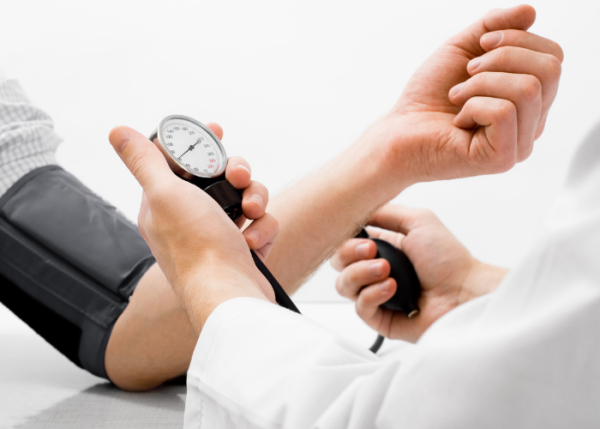
Health Desk. Blood pressure is the most important indicator of blood pressure, health of our heart and blood vessels. With aging, there are many biological changes in the body, which also affects blood pressure. This is the reason that the normal level of blood pressure is not the same at all ages.
Experts say that as the age increases, the arteries begin to get rigid, causing the blood pressure level to be slightly higher than normal. However, it is necessary that it remains in a healthy range. Let us know how much BP is considered normal at which age.
1. 18 to 30 years old
At this age, the metabolism of youth is good and the heart is also strong. In this state, normal blood pressure levels are usually around 120/80 mmhg. If it goes above 130/85, it is necessary to be cautious.
2. 31 to 40 years old
By this age, the challenges of lifestyle such as stress, irregular routine and increasing weight effects begin to show. The ideal BP is about 120/80 mmhg even at this age, but in some cases the range of up to 130/85 is considered tolerant provided there are no other symptoms.
3. 41 to 50 years old
This age is such that the risk of high blood pressure increases. It is important to be cautious about the health of the heart. Normal BP can live between 125/80 to 135/85 mmhg. If the diastolic (below number) crosses 90, a doctor should be consulted.
4. 51 to 60 years old
Hormonal changes at this age, especially in women, can affect blood pressure. The normal level of BP can range from 130/80 to 140/90 mmhg at this age. It is necessary that BP should be tested regularly and high blood pressure should not be ignored.
5. above 60 years
The arteries in the elderly become more rigid, making systolic pressure (up number above). General BP can be seen from 135/85 to 145/90 mmhg. However, it should not be ignored by saying “age effect”, because staying high BP for a long time can affect heart, kidney and brain.
-
'Take Rishabh's Case': Ishant Sharma Defends Selectors Amid Criticism Over India's Squad Choices

-
Bihar NDA Seat-Sharing Impasse Continues As Nitish, Manjhi Stand Firm Against Chirag

-
'Mr Prime Minister, You Are...': US Ambassador-Designate Brings Personal Message For Modi From Trump

-
Karnataka: 19-Year-Old CA Student Kidnapped From House In Bengaluru, Rescued Within Hours; 5 Arrested

-
Shubman Gill receives love proposal during live match, mystery girl goes viral
